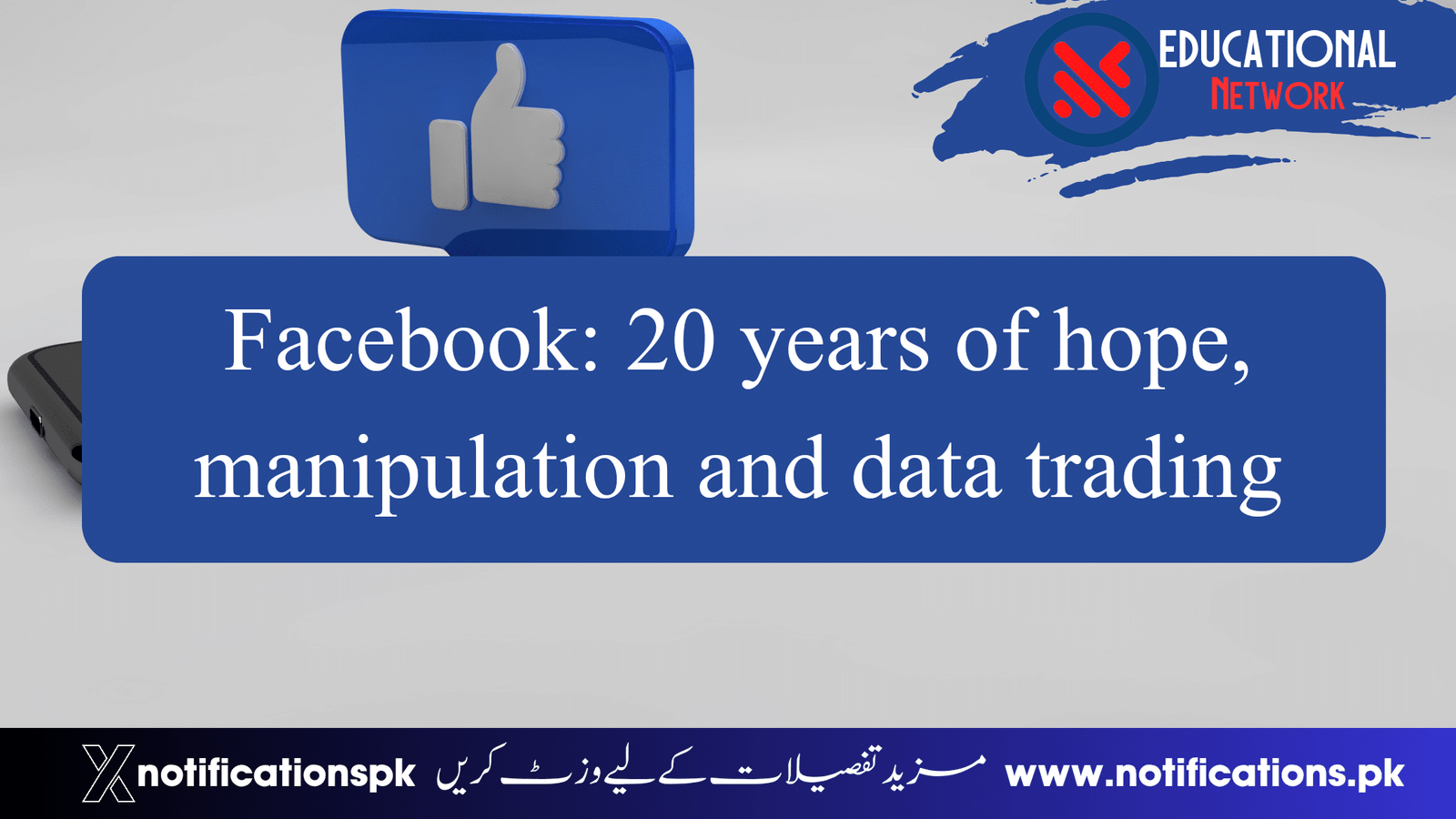Facebook, the world’s largest social media network, marks its 20th anniversary with over 3 billion active users monthly, showcasing an impressive success story that has shaped the digital landscape.
A Critical Senate Hearing: Unveiling Facebook’s Dark Side
Days before its milestone celebration, Meta CEO Mark Zuckerberg faced intense criticism in a US Senate hearing regarding the platform’s role in jeopardizing the well-being of children and young people, shedding light on the growing disillusionment and concerns surrounding Facebook’s practices.
The Changing Face of Social Media: From Hopeful Start to Ongoing Criticism
The Idealistic Beginnings
In the early days, Facebook emerged as a beacon of hope during the digital revolution, promising transparency, participation, and a sense of global community. Its altruistic mission aimed to connect people and make the world a better place, fostering freedom and democracy.
The Unintended Consequences
However, Facebook’s journey took an unexpected turn, with the platform being blamed for contributing to a mental health crisis among young people. Gerd Gigerenzer, a German psychologist, highlights the harmful effects, including increased insecurity, low self-esteem, depression, and even suicidal thoughts linked to social media usage.
Caught in the Web: Empowerment vs. Disempowerment
The Price of Connectivity
The network’s infrastructure comes at a cost – users pay with both their data and attention span. Advertisers capitalize on the latter, utilizing precise personality profiles to deliver targeted messages. The unintended consequences include growing societal polarization, heightened political discussions, and the spread of conspiracy theories.
Facebook’s Impact on Elections: From Allegations to Scandals
Political Exploitation
Facebook’s communication power became a tool for political purposes, with allegations of Russia influencing elections in 2016 and the Cambridge Analytica scandal in 2018. The platform’s role in the 2020 US presidential election, with groups like “Stop the Steal,” further exemplifies its impact on shaping political narratives.
The Looming Threat: AI, Social Media, and the 2024 Mega Election Year
Jaron Lanier’s Concerns
As the world faces a major election year in 2024, computer scientist Jaron Lanier expresses concern about the rise of deepfakes and the manipulation of people through technology. While some are becoming aware of this manipulation, the question remains whether it will be enough to make a difference.
Shifting the Balance: Politicians and Regulations
Political Responses
Politicians are now playing catch-up with technology giants, exemplified by the European Union passing the Digital Services Act in 2022. The act aims to remove illegal content, such as hate speech, and protect users’ fundamental rights, including freedom of speech.
A Call for Transparency
Researchers are gaining access to data from internet giants, marking progress toward transparency and understanding the mechanisms of the attention economy. However, questions about the long-term impact and sustainability of this approach remain.
Meta’s Profits Amidst Controversy
Financial Milestones
Meta, Facebook’s parent company, earned substantial profits from advertising in the last quarter of 2023. This financial success led to Meta’s decision to pay out dividends to shareholders on its 20th anniversary, offering a contrasting perspective amidst ongoing controversies.
